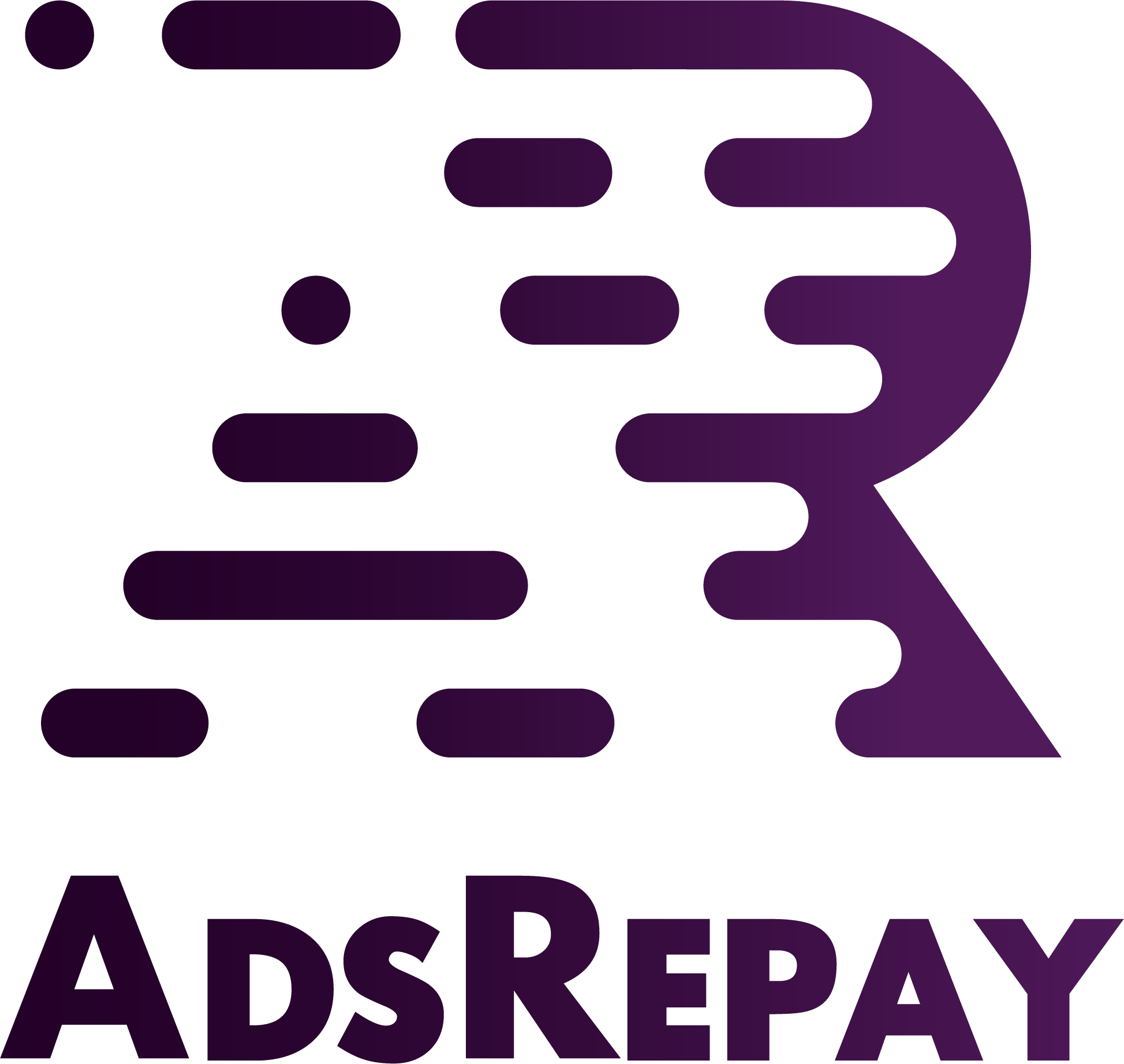Are you feeling stuck and unsatisfied in your current career? Do you dread waking up every morning to go to a job that drains your passion and leaves you unfulfilled? If so, it may be time to take the necessary steps to break free from the shackles of a career you hate. In this article, we will explore practical strategies to help you make a successful transition and find a fulfilling path. By embracing microlearning, tapping into your professional strengths, and incorporating a few additional key steps, you can create a brighter future for yourself.

- Embrace Microlearning:
Microlearning is a powerful tool that can help you acquire new skills and knowledge in bite-sized, manageable portions. This approach is ideal for busy professionals who want to make a career change without disrupting their current obligations. By breaking down complex subjects into short, focused modules, you can learn at your own pace and gradually build the expertise required for a new career. Utilize popular microlearning platforms or online courses to gain the necessary skills and knowledge, and make sure to highlight these achievements on your resume and during interviews.
- Tap Into Your Professional Strengths:
Take a moment to reflect on your professional strengths. Identify the skills and abilities that come naturally to you and that you enjoy using. Understanding your strengths will enable you to align your career transition with your inherent abilities and passions. If you are unsure, seek feedback from colleagues, friends, or mentors who can provide valuable insights into your strengths and potential career paths that might suit you better. By leveraging your strengths, you can position yourself for success in a new career and increase your overall job satisfaction.
- Research and Explore:
Thorough research and exploration are crucial when trying to escape a career you hate. Spend time investigating different industries, job roles, and opportunities that align with your interests and strengths. Engage in informational interviews, attend industry conferences or networking events, and immerse yourself in relevant online communities to gain a deeper understanding of your desired field. Additionally, use popular SEO keywords and search engines to identify trends and high-demand career paths that have growth potential.
- Network and Seek Support:
Building a strong professional network can open doors to new career opportunities and provide valuable support during your transition. Attend industry events, join professional organizations, and engage with online communities related to your desired field. Connect with like-minded professionals, mentors, or career coaches who can provide guidance, share insights, and potentially introduce you to job opportunities. Don’t underestimate the power of networking as it can significantly enhance your chances of finding a career that aligns with your passions.
- Gain Practical Experience:
While learning and researching are important, gaining practical experience in your desired field is equally crucial. Look for ways to gain hands-on experience through internships, volunteer work, freelance projects, or part-time jobs. This will not only help you validate your interest in the new career but also provide you with valuable experience to showcase on your resume. Real-world experience can often be a deciding factor for employers when considering candidates for career transitions.
- Create a Transition Plan:
A well-structured transition plan will help you navigate the challenges of changing careers smoothly. Set clear goals and establish a timeline for each milestone. Break down your plan into actionable steps and allocate specific timeframes for accomplishing them. By setting realistic expectations and holding yourself accountable, you can stay on track and maintain motivation throughout the transition process.
Conclusion:
Escaping a career you hate requires dedication, courage, and strategic planning. By embracing microlearning, tapping into your professional strengths, conducting thorough research, networking, gaining practical experience, and creating a transition plan, you can pave the way for a more fulfilling career. Remember, it’s never too late to pursue your true passion and find joy in your work. Take the first step today and embark on a journey toward a career that aligns with your values and brings you fulfillment.
By optimizing this article for SEO, we can increase its visibility and reach a wider audience searching for information on escaping a career they hate. Here are some popular keywords to incorporate naturally throughout the article:
- Escaping a hated career
- Career transition
- Microlearning for a career change
- Professional Strengths and career change
- Researching new career paths
- Networking during a career transition
- Gaining practical experience for a new career
- Creating a transition plan for a career change
Remember to use these keywords strategically in headings, subheadings, and within the article’s content. However, it’s important to maintain the quality and readability of the article, ensuring that the keywords flow naturally and don’t compromise the overall structure and coherence.
With the right mindset, commitment, and a well-executed plan, you can break free from a career you hate and create a fulfilling professional life. Embrace the power of microlearning, tap into your professional strengths, conduct thorough research, network effectively, gain practical experience, and create a solid transition plan. Your journey towards a rewarding and satisfying career awaits. Seize the opportunity and make the change you deserve.




